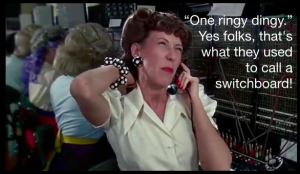Accountability | What Does It Really Mean?
Accountability comes up as one of the top 3 issues on the minds of CEOs in almost every conversation I have with them. They know, deep in their bones, that unless they build an organization that embeds this elusive concept into its DNA, the chances of achieving their goals will…









